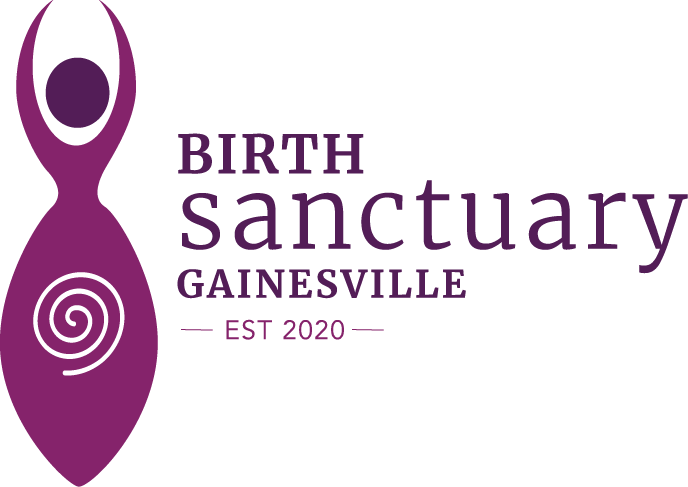
Frequently Asked Questions
What is a midwife?
Traditionally the midwife is the birth attendant. Midwifery care today also includes pregnancy care, some newborn care, and postpartum care. Depending on the scope of practice midwifery can include non-pregnant gynecologic care, reproductive care, and other healthcare needs.
Why use a midwife?
Midwifery care has been shown to have many beneficial outcomes—reduced rates of medical interventions, lower rates of tearing, lower rates of needing pain medicine with no increased rates of neonatal and maternal mortality. Midwifery is in keeping with a holistic approach to whole health and is a tried and true practice to empower people giving birth with the tools to make the best decisions for their bodies on their journeys.
What is your midwifery philosophy?
Human labor and birth are a normal and healthy process for the majority of individuals. Through community birthing experience and extensive training, midwives have the expertise and knowledge to identify those who perhaps would benefit from medicinal interventions and those who might not need an expensive or invasive medicalized birth trajectory. We believe that collaborative care is the threshold of improving morbidity and mortality outcomes for birthing bodies. We also believe that this is a huge part of the very specific ways we can actively address the disparities in outcomes for Black birthing bodies in the United States. We believe utmost in the autonomy of birthing individuals.
What do your certifications mean?
Midwifery is modern medicine based on generations-deep tradition. Midwives are highly trained and licensed to provide safe and effective maternal-infant healthcare in a non-hospital setting. There are many routes to becoming a midwife, including national and state certifications and accreditation.
CNM stands for Certified Nurse Midwife. CNM’s are originally Registered Nurses first and then go back to receive their advanced practice nursing degree to become a midwife. This is the certification that awarded by the American Midwifery Certification Board (AMCB ) for those completing midwifery training, and passing competency exam.
CPM stands for Certified Professional Midwife. This is a certification designated by most community birth midwives and there are a variety of routes to becoming a CPM. For Dr. Stephanie she started as a CNM and gaining community birth experience. This is the certification that is awarded by North American Registry of Midwives (NARM) for those completing midwifery training and passing a competency exam.
DNP stands for Doctorate of Nursing Practice (this is where Dr. Stephanie’s “doctor” comes from :). The highest nursing degree available, the DNP focuses on leadership and how to best structure care systems, quality improvement, and evidence-based practice.
LM stands for Licensed Midwife. This is a certified designation for a practitioner who holds a Certified Professional Midwife (CPM) credential and is licensed by the Alabama State Board of Midwifery meaning our midwives are licensed to practice midwifery in out of hospital settings in Alabama.
Learn more about our midwives and their education and experience here.
